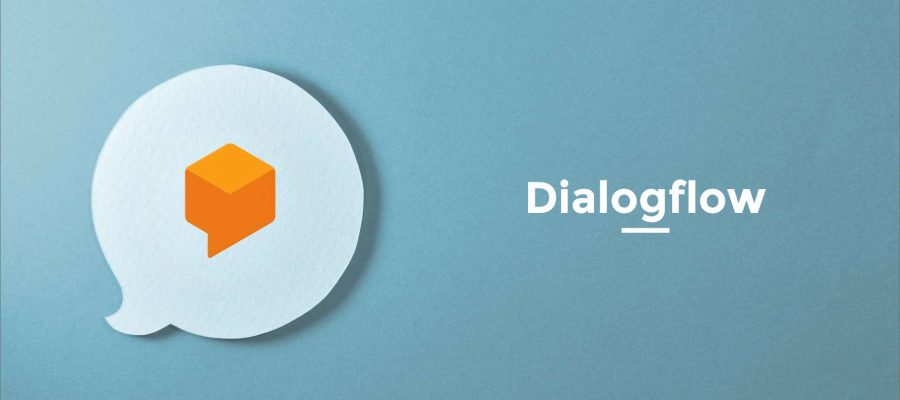Dialogflow is a Google-owned developer of human–computer interaction technologies based on natural language conversations. The company is best known for creating the Assistant (by Speaktoit), a virtual buddy for Android, iOS, and Windows Phone smartphones that performs tasks and answers users’ question in a natural language. Speaktoit has also created a natural language processing engine that incorporates conversation context like dialogue history, location and user preferences.
In May 2012, Speaktoit received a venture round (funding terms undisclosed) from Intel Capital. In July 2014, Speaktoit closed their Series B funding led by Motorola Solutions Venture Capital with participation from new investor Plug and Play Ventures and existing backers Intel Capital and Alpine Technology Fund.
In September 2014, Speaktoit released api.ai (the voice-enabling engine that powers Assistant) to third-party developers, allowing the addition of voice interfaces to apps based on Android, iOS, HTML5, and Cordova. The SDK’s contain voice recognition, natural language understanding, and text-to-speech. api.ai offers a web interface to build and test conversation scenarios. The platform is based on the natural language processing engine built by Speaktoit for its Assistant application. Api.ai allows Internet of Things developers to include natural language voice interfaces in their products. Assistant and Speaktoit’s websites now redirect to api.ai’s website, which redirects to the Dialogflow website.
Google bought the company in September 2016 and was initially known as API.AI; it provides tools to developers building apps (“Actions”) for the Google Assistant virtual assistant. It was renamed on 10 October 2017 as Dialogflow.
The organization discontinued the Assistant app on December 15, 2016.
Voice and conversational interfaces created with Dialogflow works with a wide range of devices including phones, wearables, cars, speakers and other smart devices. It supports 14+ languages including Brazilian Portuguese, Chinese, English, Dutch, French, German, Italian, Japanese, Korean, Portuguese, Russian, Spanish and Ukrainian. Dialogflow supports an array of services that are relevant to entertainment and hospitality industries. Dialogflow also includes an analytics tool that can measure the engagement or session metrics like usage patterns, latency issues, etc.
Natural language understanding recognizes a user’s intent and extracts prebuilt entities such as time, date, and numbers. You can train your agent to identify custom entity types by providing a small dataset of examples. You can also use 30+ prebuilt agents as templates.
Dialogflow provides an integrated code editor that allows you to natively build serverless applications linked to your conversational interface through Cloud Functions for Firebase. Or provide your own custom WebHook that can be hosted in the cloud or on premises.
Dialogflow Knowledge Connectors (beta) allow you to bulk add data from your enterprise to your agent, including FAQs and knowledge-base articles. Knowledge Connectors use some of the same technologies used by Google Search and the Google Assistant to extract the right answers from the data corpus provided.
The above is a brief about Dialogflow. Watch this space for more updates on the latest trends in Technology.
